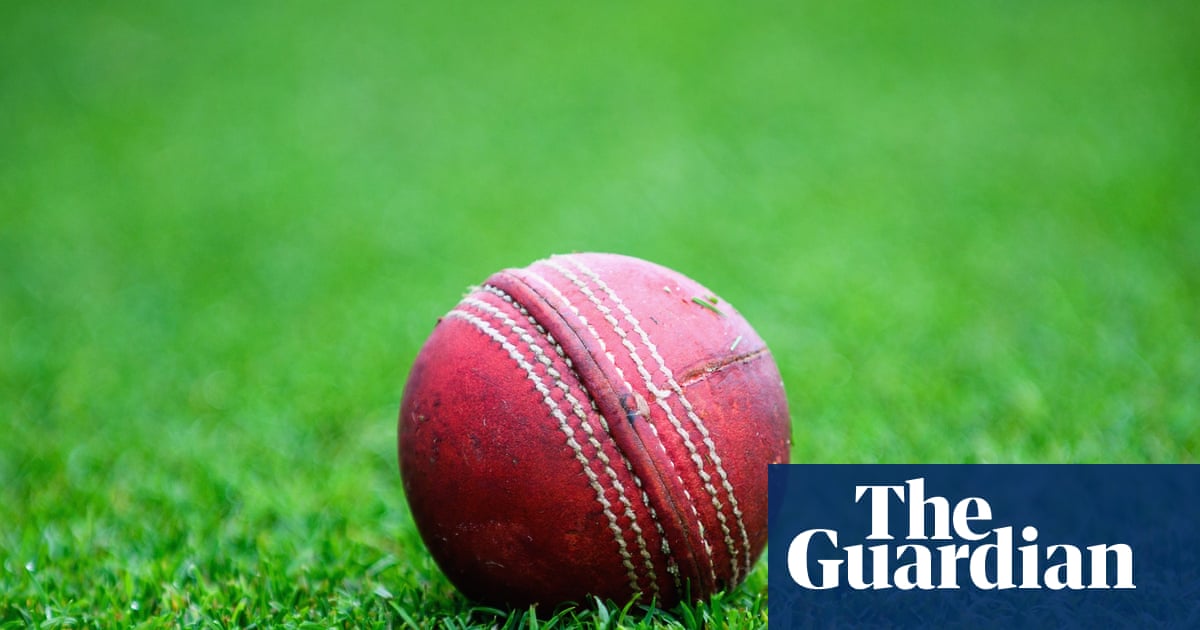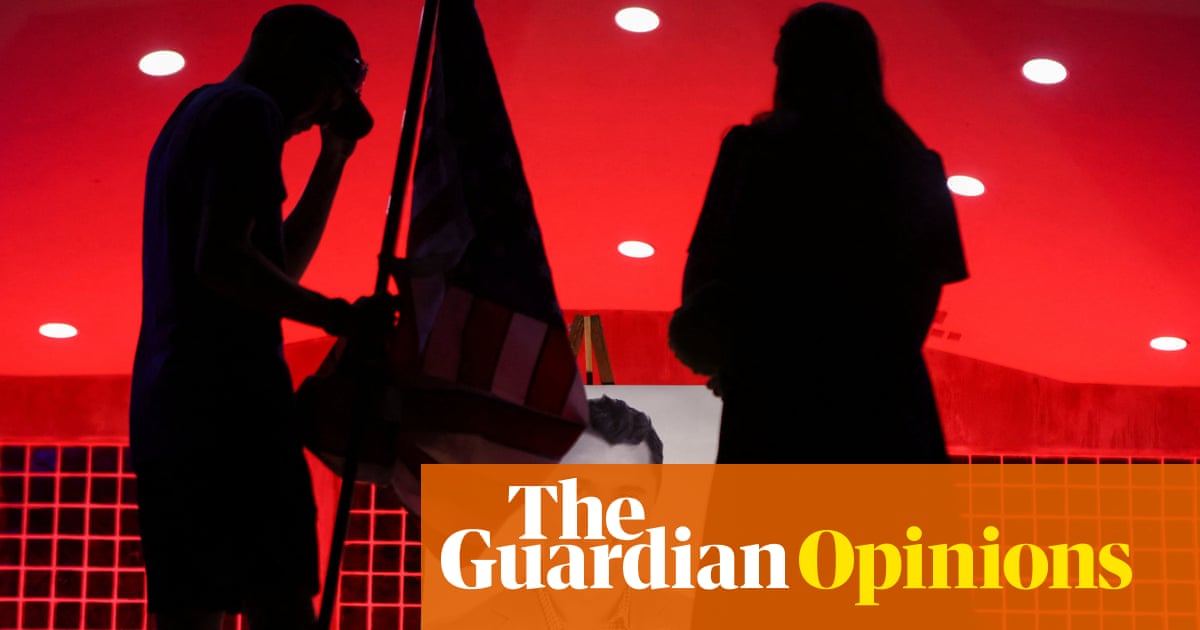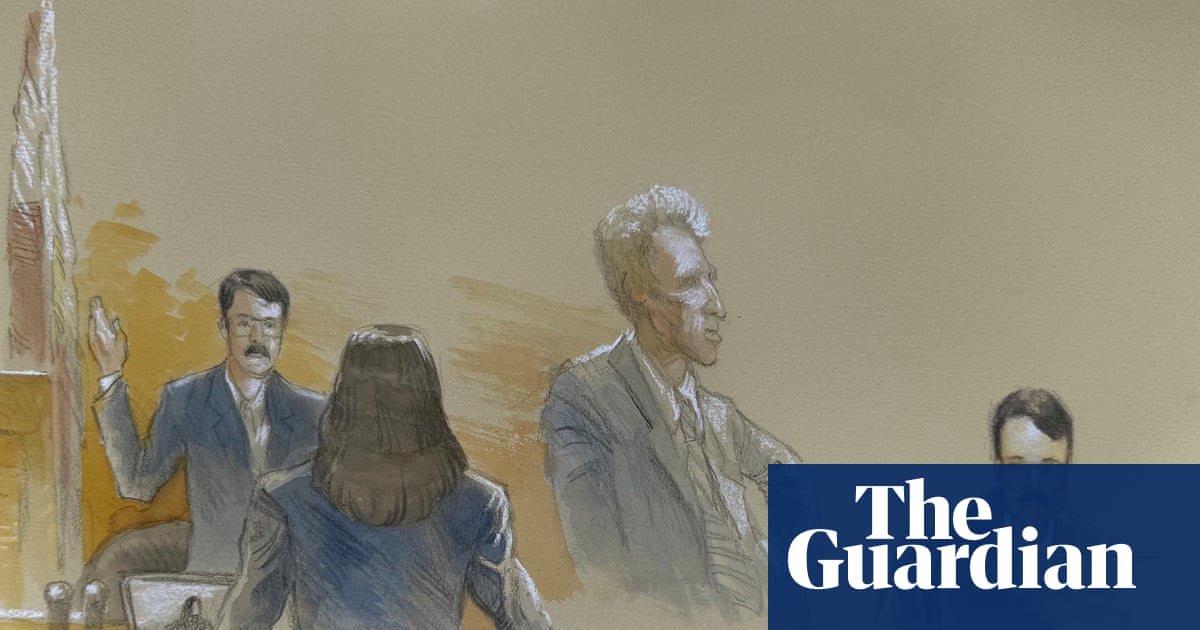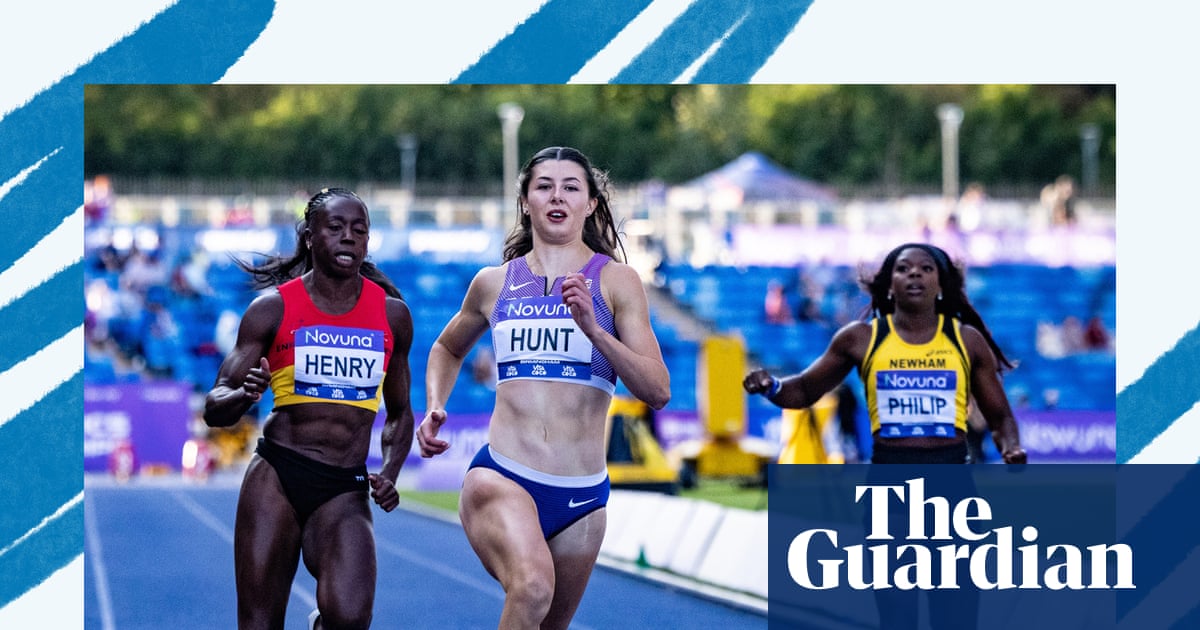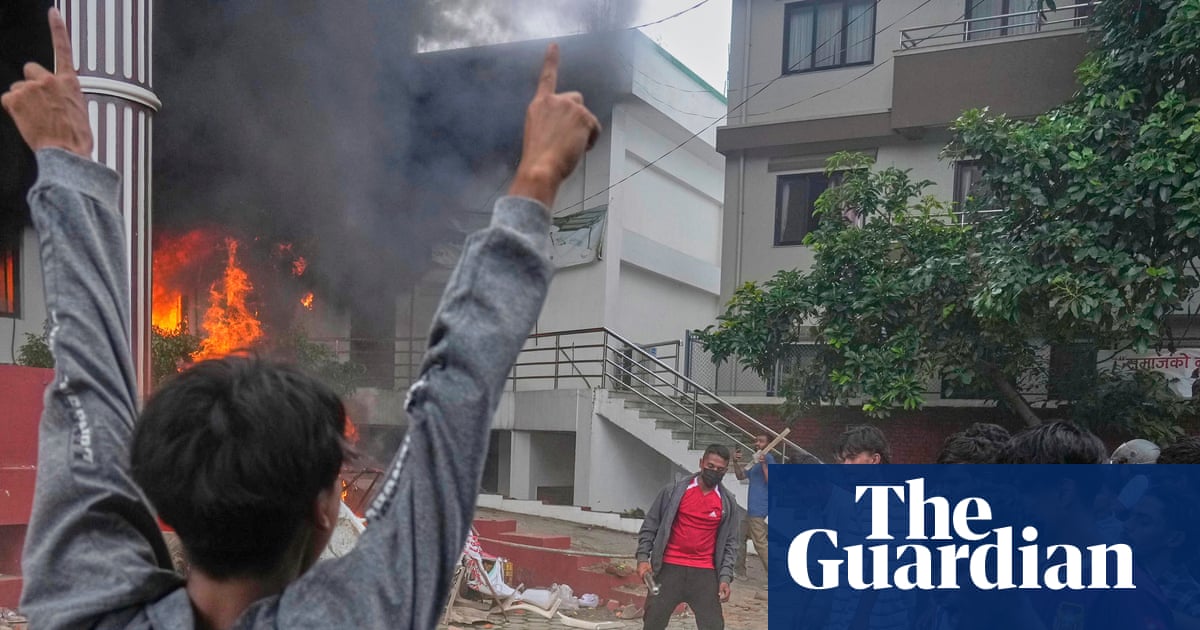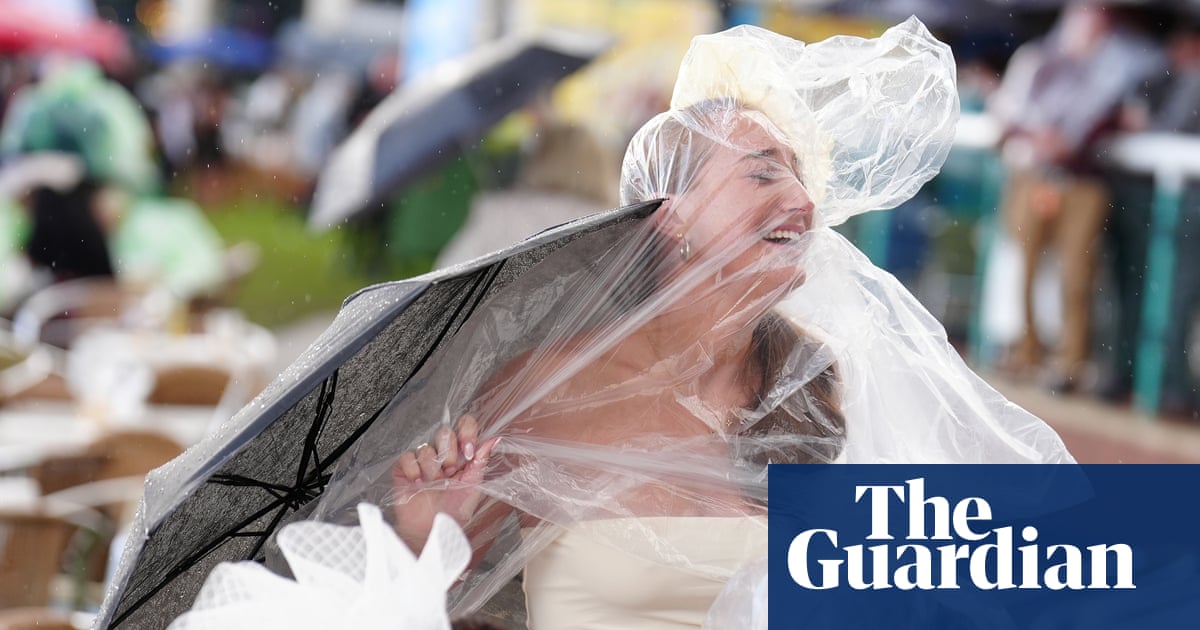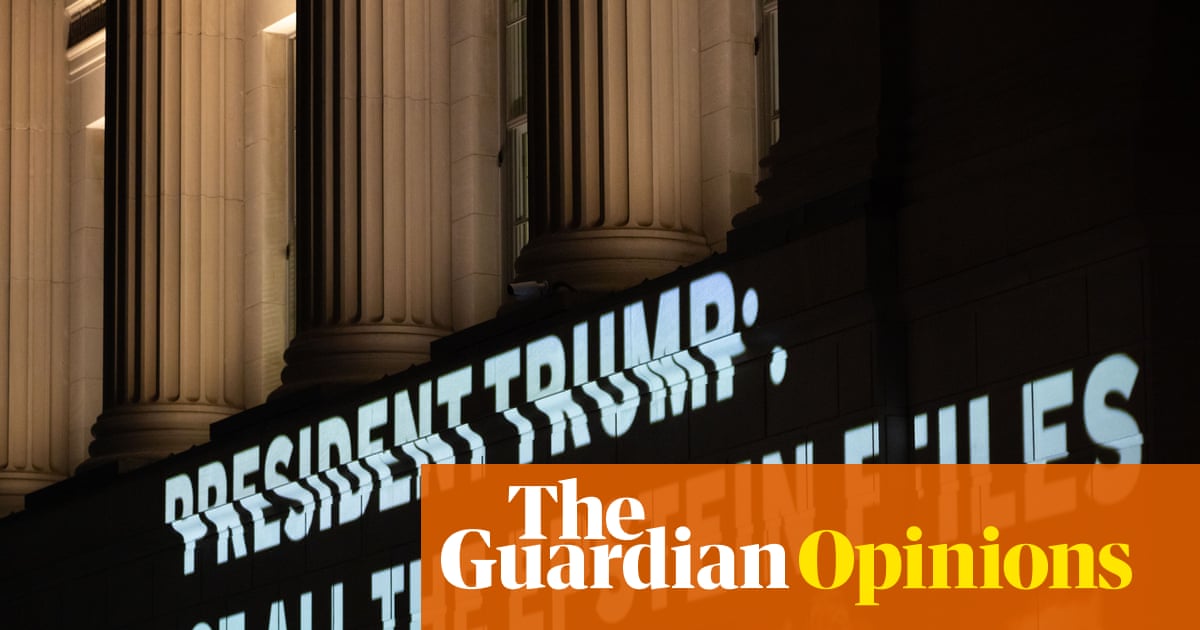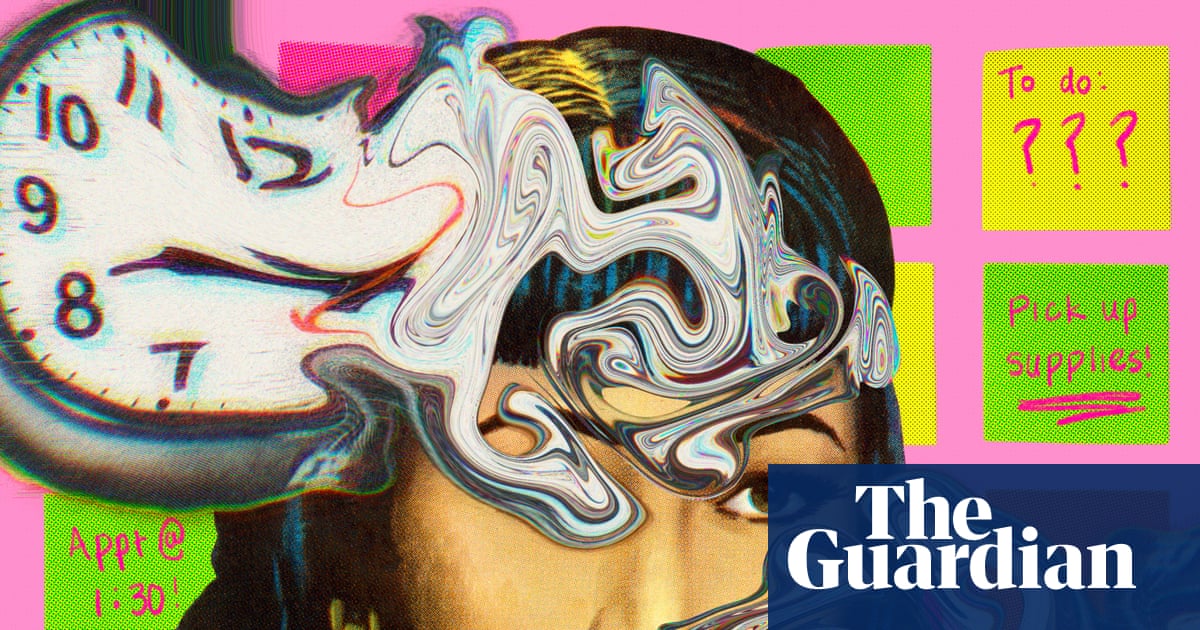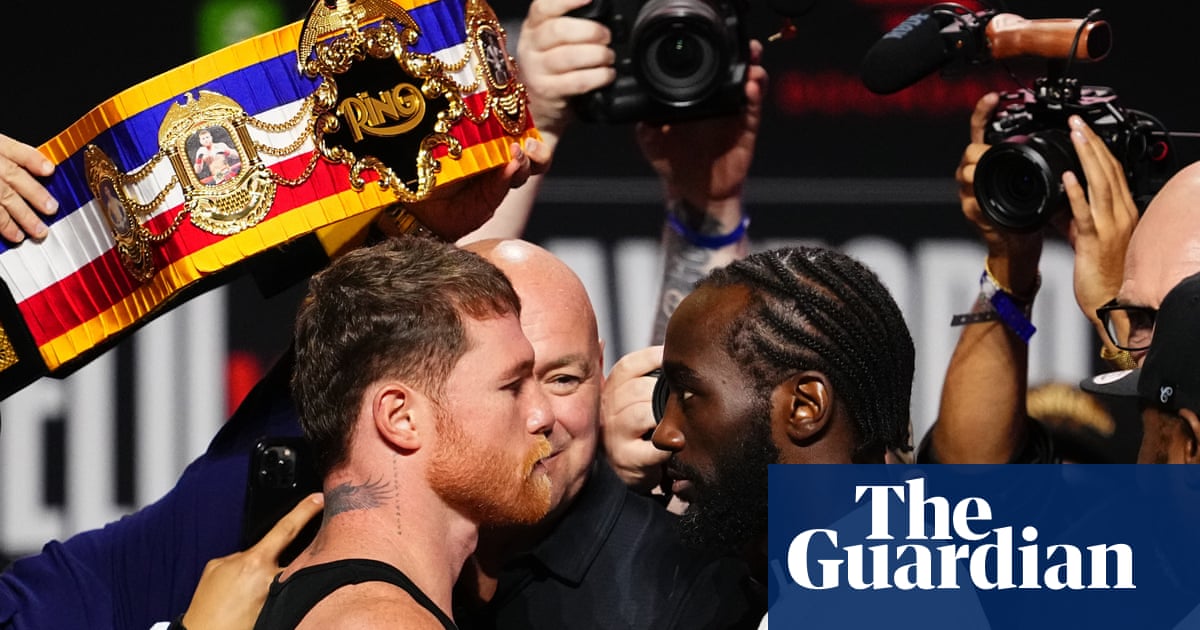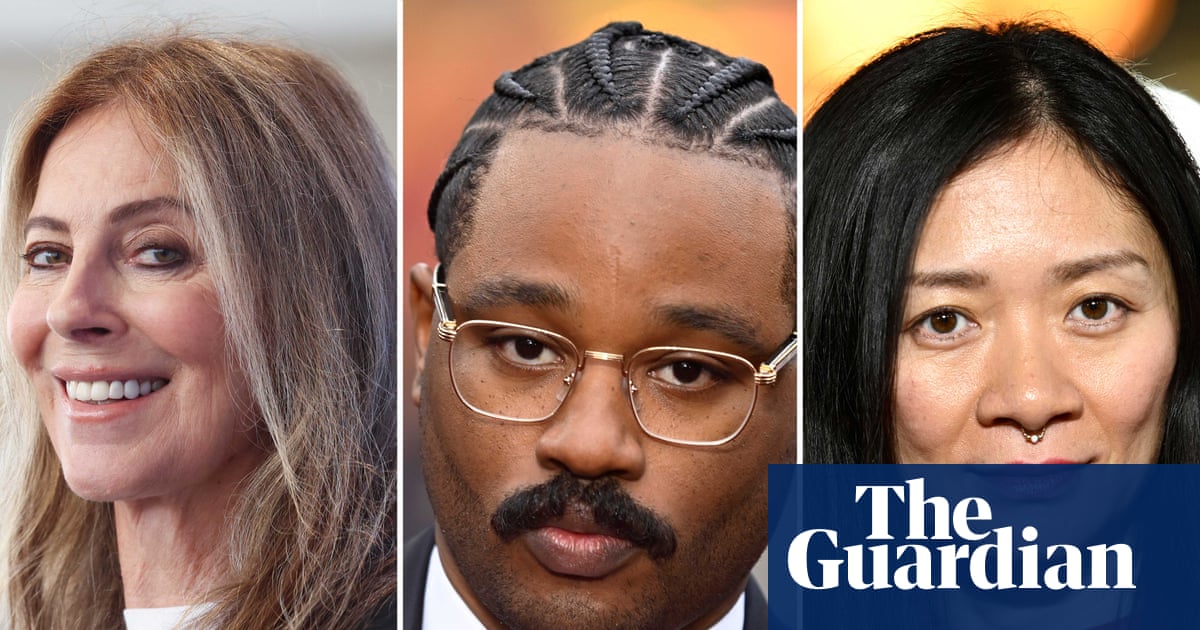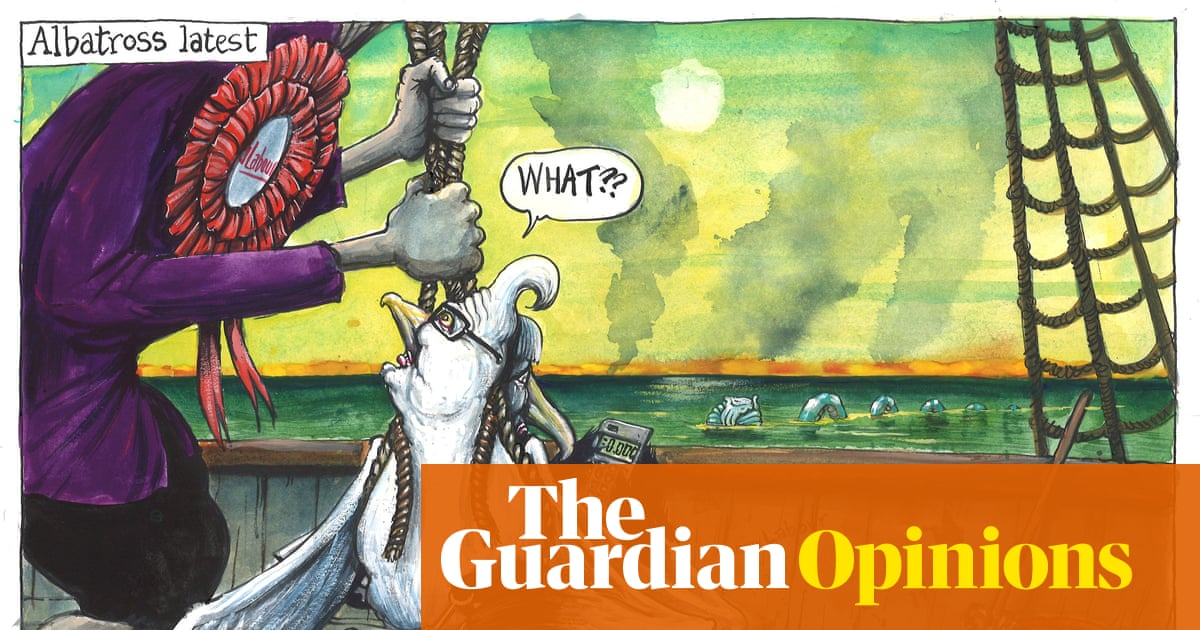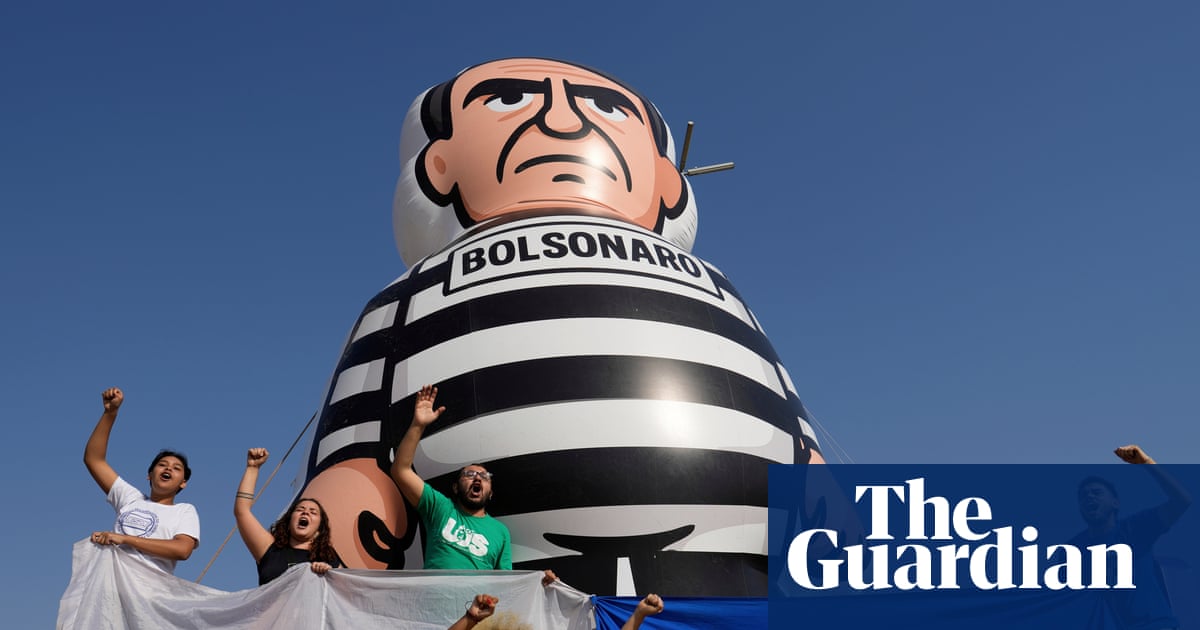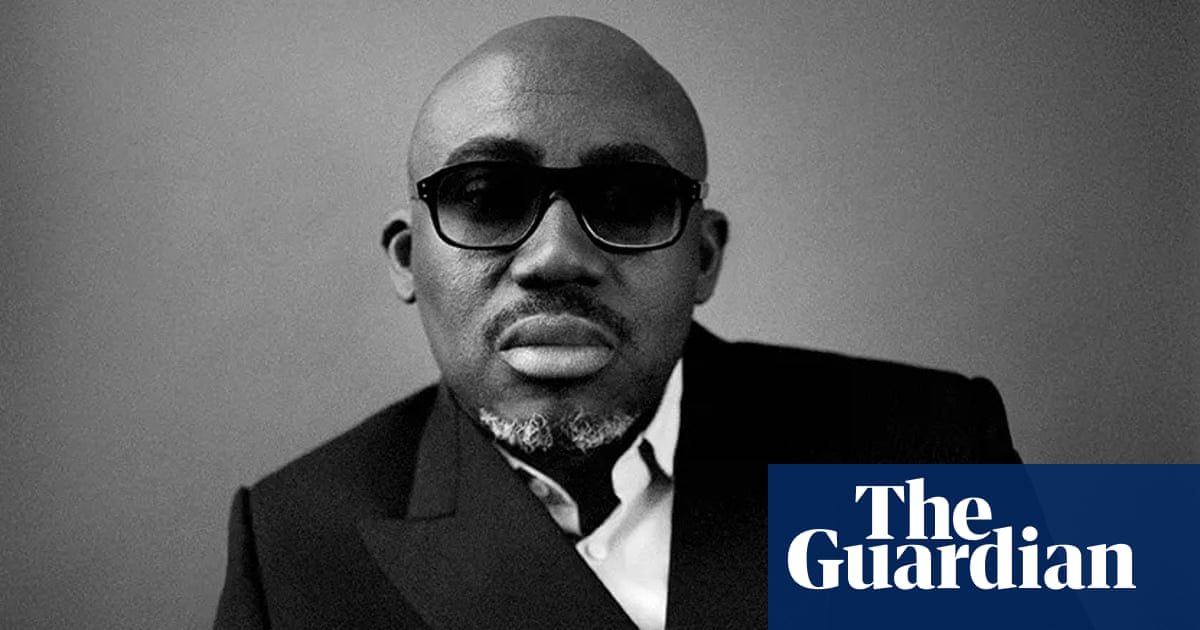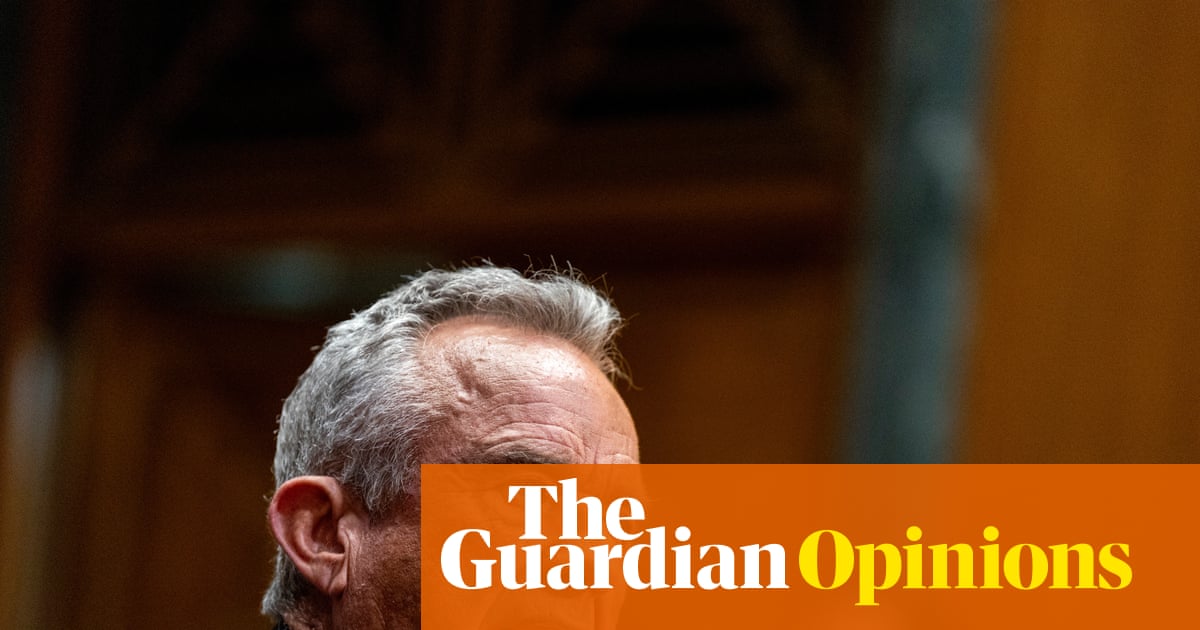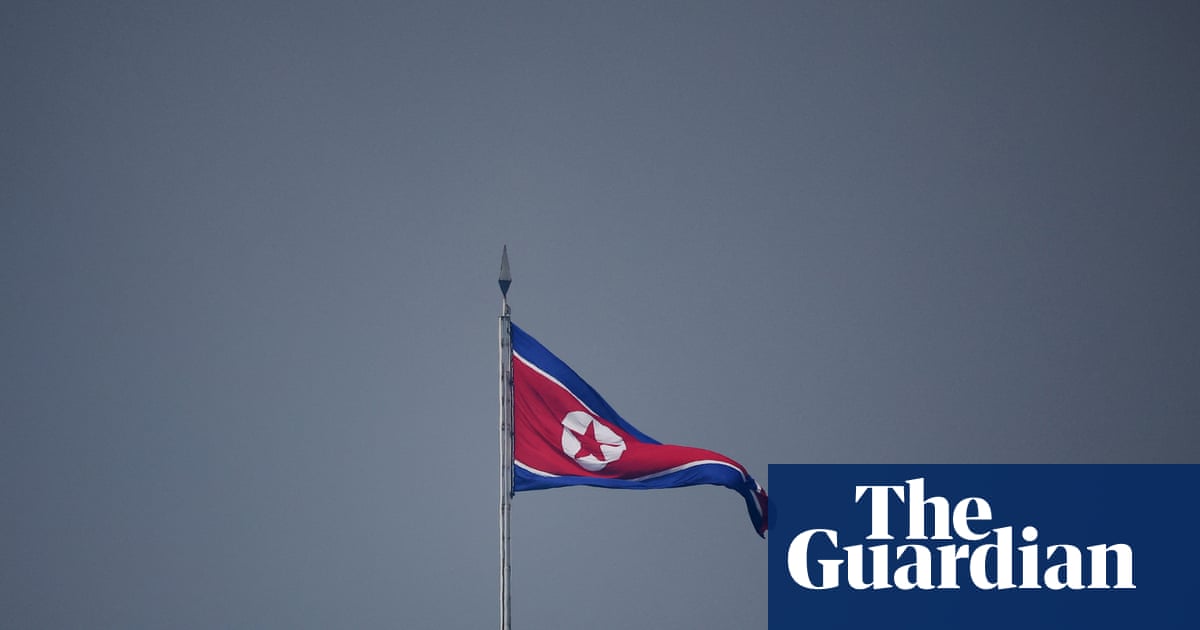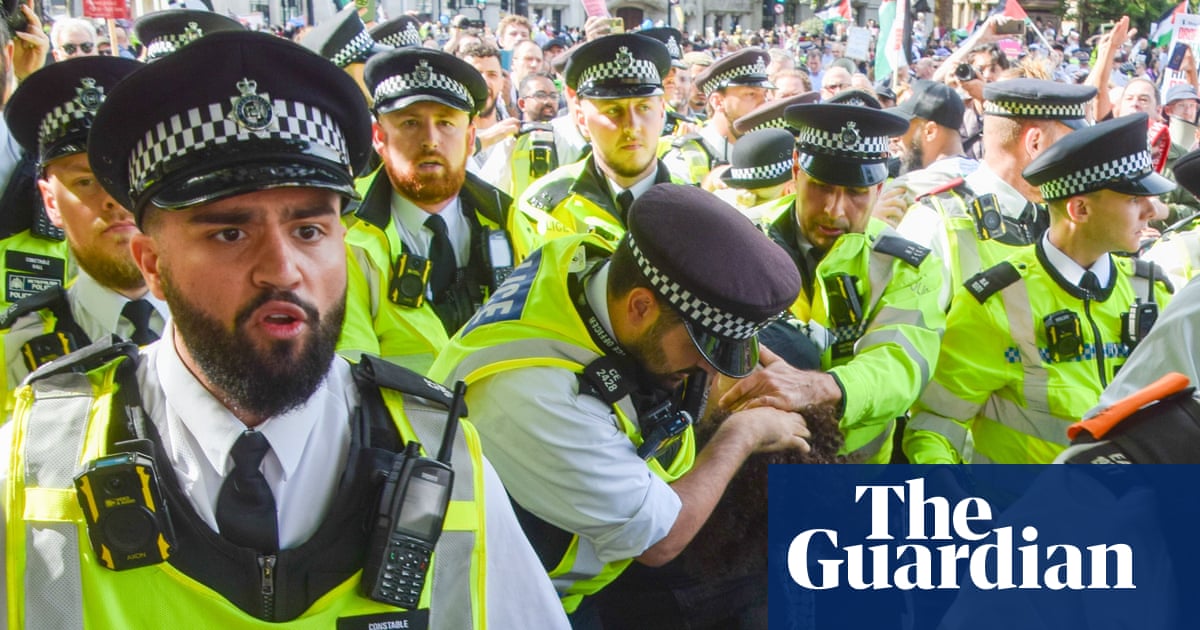Best player: Ousmane Dembélé, PSG
Ousmane Dembélé has been a man on a mission in 2025. “I had a challenge with my friends. There is something to win from it: Patek and Rolex watches,” he joked after he scored the winner in the Trophée des Champions in January. The more goals, the more watches was the bet made. But his 25 goals in 2025 have earned him more than expensive wrist pieces.
They brought PSG their holy grail, the Champions League, and they could yet bring him the Ballon d’Or. In France, there is some heavy lobbying for Dembélé to win the award, starting with his own manager Luis Enrique and extending to Marquinhos, who had crowds of fans chanting “Dembélé, Ballon d’Or” during the open-top bus parade around Paris, and artist DJ Snake, who did the same at the Parc des Princes later that day.
Dembélé turning from a dazzling but profligate winger to a clinical No 9 was not on anyone’s Ligue 1 bingo card this year but his metamorphosis has taken PSG to the next level. His goal output fell short of Kylian Mbappé’s total last year but, in terms of his overall play and particularly his dogged pressing, he has proven an upgrade on the France captain. Who would have thought that at the start of the year?
Best manager: Luis Enrique, PSG
It is tempting to make this a hipster’s choice and reward Liam Rosenior’s transformative season with Strasbourg, Christophe Pélissier’s exploits at Auxerre, or Franck Haise taking an injury-hit Nice side into the Champions League, but picking anyone other than Luis Enrique would be ignoring a historic and unprecedented treble for his team. Moulding a young group of players, which had lost Mbappé, into a combative team was impressive at every turn.
He spared no effort in improving youngsters, such as Doué, and he gave Dembélé the confidence to be the frontrunner for the Ballon d’Or. He also was instrumental in helping new faces bed in quickly. There were nervy moments in Europe – highlighted by some scruffy performances early in the Champions League – but PSG are now being spoken of as the next dynasty in European football.
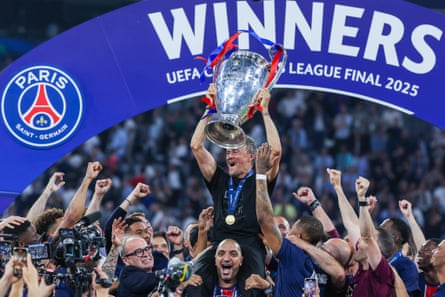
Best young player: Andrey Santos, Strasbourg
Désire Doué might have a word here but let’s put aside the recency bias of the Champions League final, and Rayan Cherki finally finding form for Lyon. Both of their achievements took place largely in the season’s second half. Andrey Santos and João Neves, however, were consistent throughout the campaign.
Santos was a talismanic player for Strasbourg, scoring vital goals in a season in which striker Emanuel Emegha struggled with injury at times, while also displaying a ferocious all-action style that was perfectly suited to Rosenior’s style. He had shown flashes of his ability last season, but his improvement this season cannot be ignored. He was comfortably the best midfielder in the league outside Paris.
Neves comes a close second, even if he might have gone about his business slightly more quietly than his fellow Lusophone. A true No 8, he made PSG’s midfield a bear pit for opposing players while showing plenty of inventiveness going forward, no small matter for a player in a new league who was only 19 when the season started.
Best match: Lyon 4-3 Strasbourg
Pierre Sage came out on the winning end of this match, even if he did not last much longer in his job at Lyon after a middling run of performances domestically. This match should be celebrated as an early example of what Rosenior was building at Strasbourg. While not yet fully formed – Diego Moreira only came off the bench and Djordje Petrovic, only just arrived, was not even in the squad – Rosenior’s high-octane style was impressive indeed, and it would be a template for the team’s run to the European places in the second half of the season.
Best signing: Mika Biereth, Monaco
There was a lot riding on Monaco’s signing of Mika Biereth in January. The prolific goalscorer Wissam Ben Yedder had left on a free in the summer and his long-term replacement, Folarin Balogun, was sidelined for several months with a dislocated shoulder. Biereth, having left Arsenal permanently in the summer, had been scoring for fun in Austria with Sturm Graz, but Ligue 1 was a step up.
“Of course, he has surpassed expectations. Nobody could predict that a young player would arrive and score as many goals as he has,” said the Monaco CEO Thiago Scuro. The Denmark international scored an incredible 13 goals in the second half of the season, including three hat-tricks in his first three home games in the league; talk about hitting the ground running. His contribution was vital to ensuring the club qualified for the Champions League.
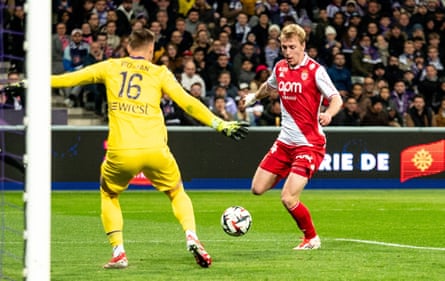
Biggest shock: Strasbourg reaching Europe
The omens for Strasbourg’s campaign were not positive. Their youth-centric transfer policy was criticised by the club’s fanbase after BlueCo’s arrival and Patrick Vieira’s own misgivings saw him leave his post just before the start of the season. Rosenior didn’t have time to get his bearings but he didn’t need it. The language barrier didn’t prevent him from getting his ideas across and turning a side that was in a relegation scrap the previous season into European challengers. Under his guidance, players such as Andrey Santos, Dilane Bakwa and Emanuel Emegha have made significant strides. Ultimately, their development will largely benefit Chelsea, but in the meantime, it has allowed them to secure an unlikely qualification for the Europa Conference League.
Best goal: Amine Gouiri for Marseille v Brest
In a campaign littered with worldies (one only need look at those nominated for the UNFP award), our goal of the year is an impressive effort from Marseille’s Amine Gouiri. In a crucial match against Brest late in the season, with the club’s Champions League status yet to be secured, Gouiri controlled a high cross with his chest, sending the ball up in the air before swiveling and firing in a sublime overhead kick. From the bravura of the attempt to the technique to pull it off, it was a masterful moment.
Best save: Marcin Bulka for Nice v PSG
Marcin Bulka became a one-man entertainment act in the dying stages of Nice’s shock win against PSG. There was a stoppage-time barrage on the Nice goal but Bulka was equal to Gonçalo Ramos’ close-range effort then two spectacular driven efforts from Vitinha. All three were worthy contenders for save of the season and they came within just minutes of each other. No wonder Bulka celebrated each one like a goal scored. Arguably the best goalkeeper in Ligue 1 last season, the Poland international did not reach the same heights this season but his performance against PSG was a timely reminder of his skills before a transfer window in which he is expected to depart.
Biggest flop: Youssoufa Moukoko, Nice
Some loan spells are mutually beneficial for all parties involved; others are mutually detrimental. Youssoufa Moukoko’s loan to Nice falls into the latter category. Once the prodigy of German football, Moukoko looked to get his fledgling career back on track in France, on loan from Borussia Dortmund, but he spent much of the campaign wasting away on the bench. His only two goals for the club came in the 8-0 demolition of Saint-Étienne in September. His last game for Nice was back in February and his last start in Ligue 1 dates all the way back to October. When given chances in Nice’s torrid Europa League campaign, Moukoko failed to take them and he leaves the Côte d’Azur with his career at a crossroads.
Biggest flashpoint: Paulo Fonseca’s ban
It could be nothing other than Paulo Fonseca’s moment of apoplexy for Lyon in late March. Les Gones had battled hard and were leading Stade Brestois in stoppage time. With a busy fixture list (Lyon were still involved in the Europa League at the time) and key players missing through injury, what looked to be a valuable win nearly turned into a draw as match official Benoît Millot signaled for a penalty for the Bretons. He eventually changed his mind thanks to the intervention of VAR, but not before the Portuguese manager went head-to-head with the referee, earning himself a nine-month touchline ban, something that surely played a role in his side’s immature elimination from Champions League contention in France and the Europa League.
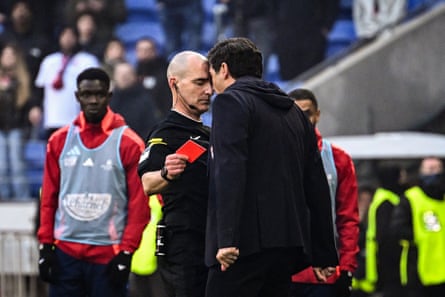
Departure of the season: DAZN
Unlike last year, when Mbappé left PSG to join Real Madrid, no major superstar is guaranteed to leave Ligue 1 this summer. Some household names will move on, including Alexandre Lacazette and Jonathan David, as well as bright young talents such as Rayan Cherki. But the biggest departure this year is not a player or a manager; it is a broadcaster.
Having initially demanded €1bn for their TV rights, Ligue 1’s governing body received less than half that figure. But even that fee was too much for DAZN, who took the tender for the five-year cycle before quickly offloading it just months later. The consequences of DAZN’s ill-fated short stint are far-reaching and damaging, with many clubs on the brink. The league will now create its own channel and try to sell rights to established broadcasters, but it is a situation that remains unresolved and one that elicits a great deal of concern in the French game.
Team of the season (4-3-3)
Yehvann Diouf; Achraf Hakimi, Leonardo Balerdi, Willian Pacho, Nuno Mendes; Andrey Santos, João Neves, Vitinha; Rayan Cherki, Ousmane Dembélé, Bradley Barcola.
Bench: Gianluigi Donnarumma, Diego Moreira, Bafodé Diakité, Guéla Doué, Adrien Rabiot, Corentin Tolisso, Mika Biereth, Désiré Doué, Maghnes Akliouche.
This is an article by Get French Football News

 3 months ago
43
3 months ago
43
